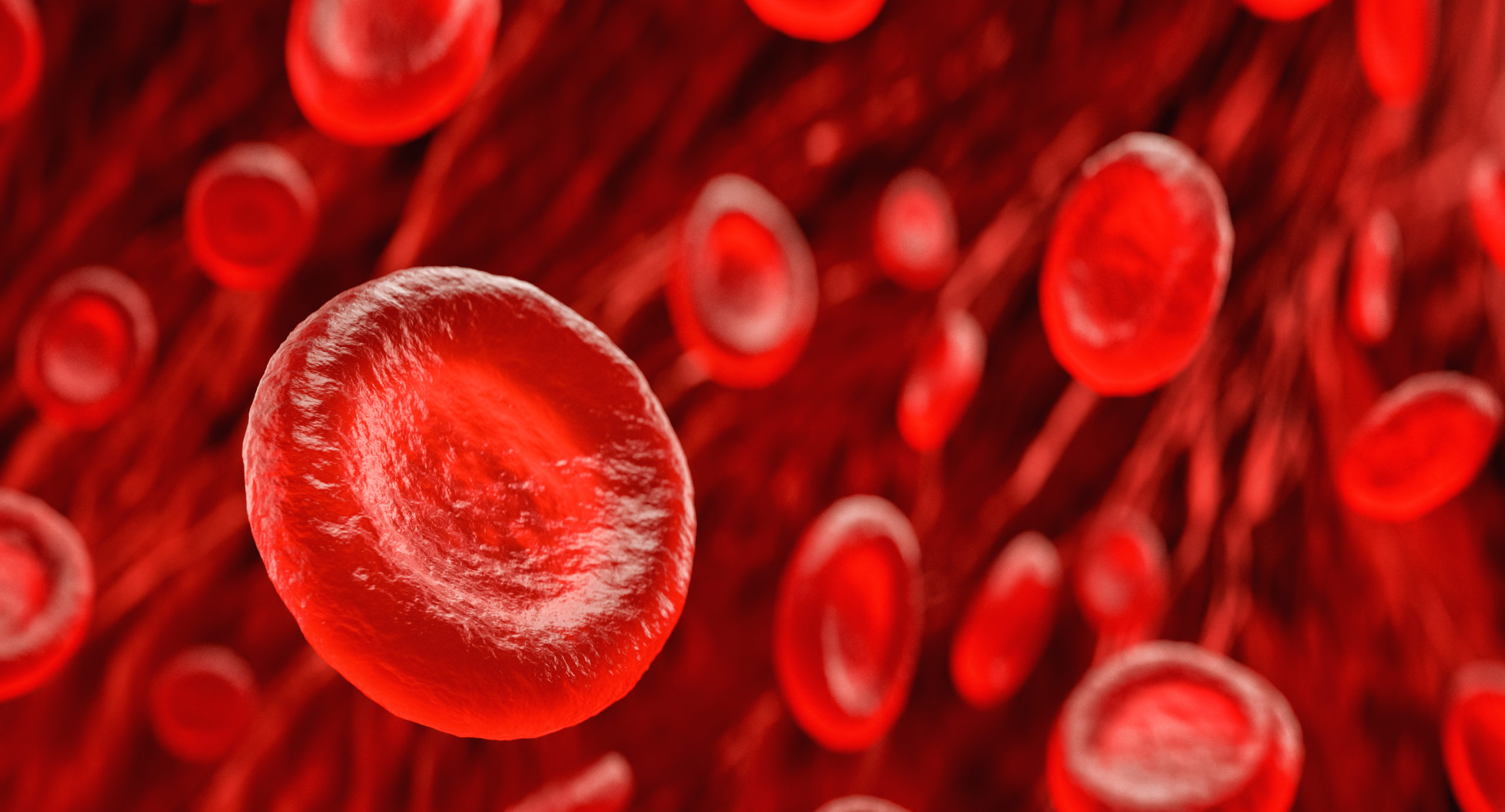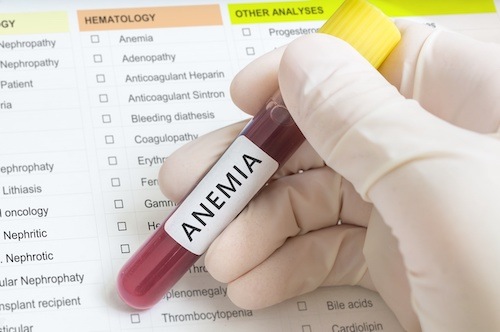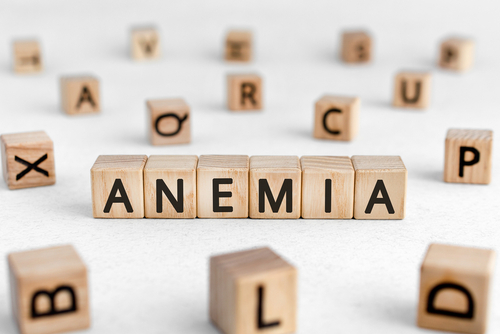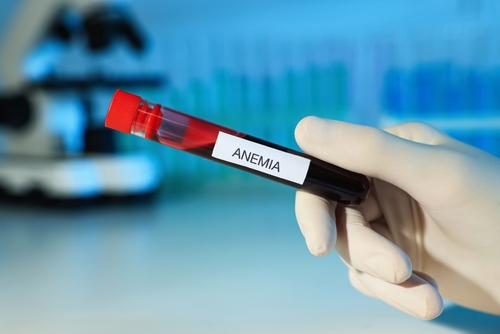
Guidelines regarding treatment of anemia that focus on improving health-related quality of life (HRQoL) among kidney transplant recipients have limited effects, according to Tim J. Knobbe, MD, and colleagues at the University Medical Center Groningen, department of internal medicine, division of nephrology, Groningen, Netherlands.
Iron fulfills a variety of functions in addition to stimulating erythropoiesis. There is increasing consensus that iron deficiency, rather than anemia alone, may be a promising target in improving HRQoL. There are few data available to provide epidemiological support for that hypothesis. The researchers conducted an analysis to examine the association of iron deficiency with HRQoL in kidney transplant recipients, adjusting for coexisting anemia.
Results of the analysis were reported during a poster session at the American Society of Nephrology Kidney Week 2022. The poster was titled Iron Deficiency, Anemia, and Health-Related Quality of Life in Kidney Transplant Recipients.
The researchers utilized data of kidney transplant recipients ≥1 year from transplantation from the TransplantLines Biobank and Cohort Study. Iron deficiency was defined as serum transferrin saturation <20% and ferritin <100 µg/L. Anemia was defined as hemoglobin <13 g/dL for men and <12 g/dL for women. The validated Short Form-36 questionnaire was used to assess HRQoL.
The analysis included data on 814 kidney transplant recipients; 62% were male and mean age was 56 years. Median time from transplantation was 3 years (range, 1-10 years). Of the total cohort, 28% (n=229) had iron deficiency and 29% (n=237) were anemic.
In linear regression analyses, there were associations between both iron deficiency and anemia and physical and mental HRQoL. The associations were independent of age, sex, estimated glomerular filtration rate, time since transplantation, diabetes mellitus, pre-emptive transplantation, living donor, calcineurin inhibitor use, angiotensin receptor blocker use, and angiotensin-converting enzyme inhibitor use. Further, the associations between iron deficiency and anemia and HRQoL remained materially unchanged following additional adjustment for anemia.
“Iron deficiency, independent of anemia, is associated with lower physical and mental HRQoL among kidney transplant recipients. These data highlight the need for interventional studies investigating whether correction of iron deficiency improves HRQoL among kidney transplant recipients, even in the absence of anemia,” the researchers said.
Source: Knobbe T, Kremer D, Vinke JSJ, et al. Iron deficiency, anemia, and health-related quality of life in kidney transplant recipients. TH-PO698. Abstract of a poster presented at the American Society of Nephrology Kidney Week 2022; November 3, 2022; Orlando, Florida.







 © 2025 Mashup Media, LLC, a Formedics Property. All Rights Reserved.
© 2025 Mashup Media, LLC, a Formedics Property. All Rights Reserved.